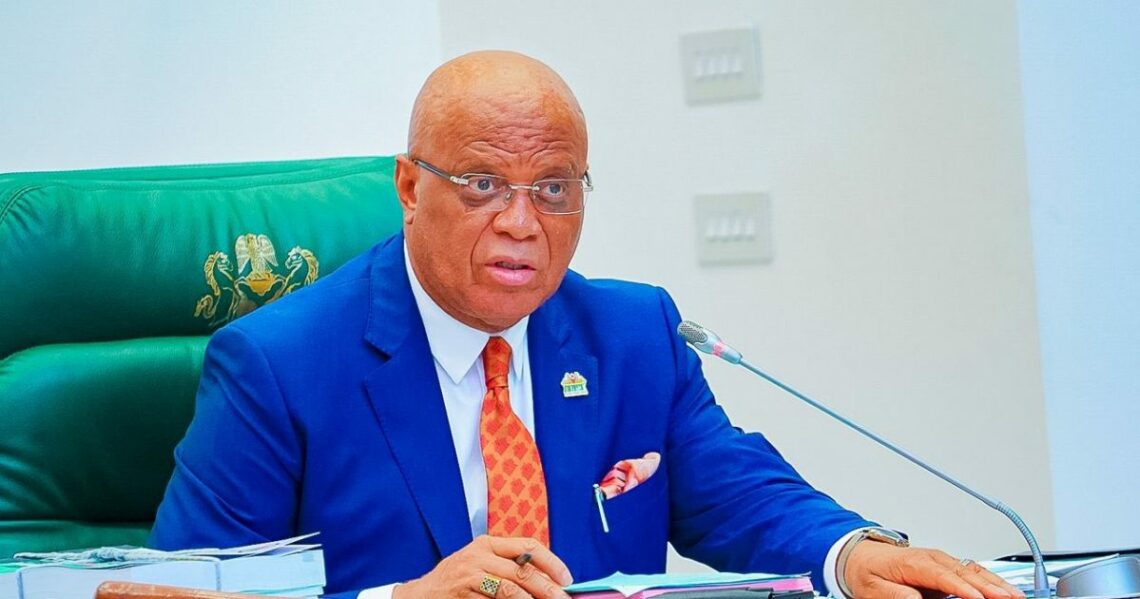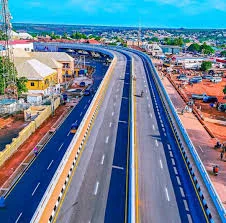The Network Advancement Program for Poverty and Disaster Risk Reduction (NAPPDRR) committed to addressing the cause of good governace, poverty and oil pollution issues in Niger Delta, has expressed worry over the scourge of hunger and deprivation afflicting residents of the region.
Speaking in an interview in Uyo, the state capital on the scheme slated to kick off in June, 2025, the executive director of the NAPPDRR, Hon. Emem Edoho, explained that the intervention became necessary in view of the widespread underdevelopment in the oil and gas host communities.
“We are set to empower oil and gas host communities in Akwa Ibom State through the Empower2Sustain initiative, a flagship programme under the Green The Future Climate and Environmental Justice initiative,” he assured.
Edoho disclosed that the project would be funded by an international agency – the Global Greengrants Fund (GGF) through the recommendation of Oilwatch Africa (OA) in Nigeria,” explaining that “the project aims to build resilience, promote agroecology, and enhance food sovereignty in the region.”
“The key objectives of the action is to foster sustainable agricultural practices that prioritise ecological principles, diversity, and nutrient cycling to enhance resilience and food security.
“We hope to strengthen the capacity of host communities to cope with climate-related shocks and stressors, ensuring sustainable livelihoods and improved well-being.
“Support communities in defining their own food and agricultural systems, prioritising safe, nutritious, and culturally appropriate food production.
“By this intervention, we hope to achieve enhanced access to nutritious food and improved nutrition outcomes for vulnerable populations,” he added.
Edoho assured that the scheme “will have a significant impact on the lives of the rural poor and other vulnerable group clustering around Akwa Ibom State, particularly in the oil and gas host communities.
“NAPPDRR is committed to creating a more sustainable and equitable food system that benefits both the people and the planet. The initiative is a crucial step towards building a more resilient and sustainable future for our communities. We are committed to supporting local food systems and promoting agroecology as a key strategy for improving food security and livelihoods.”





